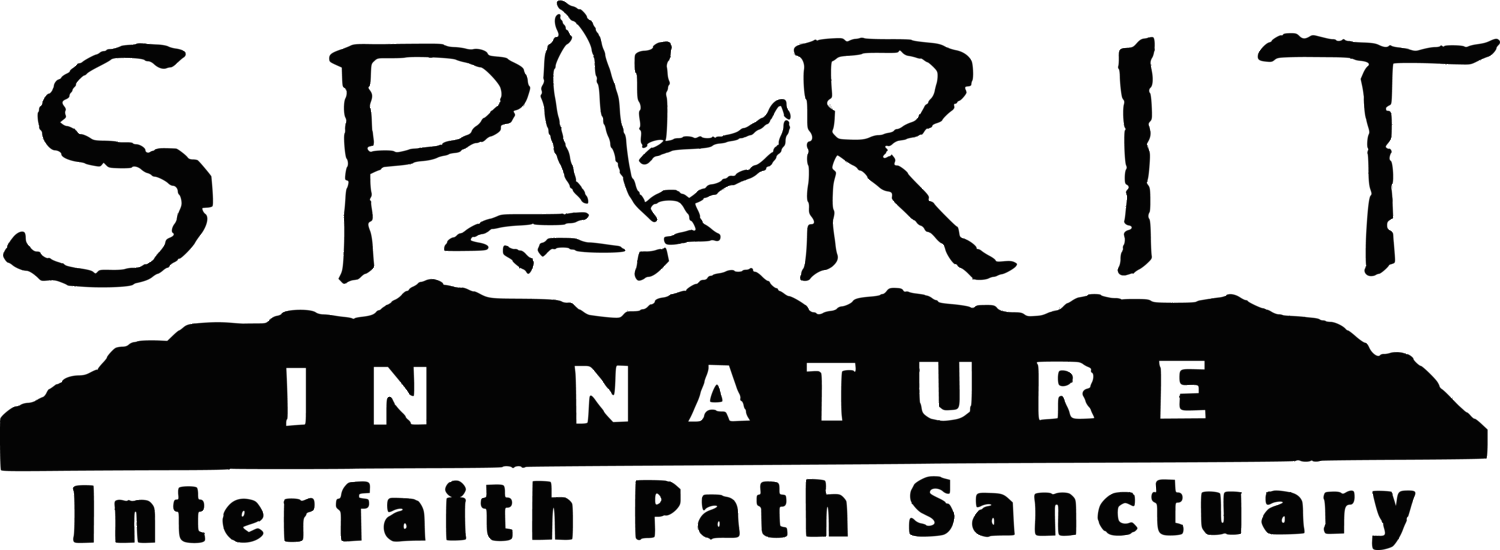The Honorable Harvest
“The Honorable Harvest, a practice both ancient and urgent, applies to every exchange between people and the Earth. Its protocol is not written down, but if it were, it would look something like this:
l Ask permission of the ones whose lives you seek. Abide by the answer.
l Never take the first. Never take the last.
l Harvest in a way that minimizes harm.
l Take only what you need and leave some for others.
l Use everything that you take.
l Take only that which is given to you.
l Share it, as the Earth has shared with you.
l Be grateful.
l Reciprocate the gift.
l Sustain the ones who sustain you, and the Earth will last forever.”
Robin Kimmerer
This was the text of the last slide of the Power Point of a recent Environmental Studies Seminar I attended at Middlebury College. (The image was a hillside covered with wild flowers and blueberry plants.) The speaker was Robin Kimmerer and the title of her talk was “The Honorable Harvest: Indigenous Knowledge for Biodiversity Conservation.” For the whole time she was talking I had that ‘filled up’ feeling when you’re close to tears, (and one or two did run down my cheek). Before beginning the formal part of her talk she did some ritual from her Native American tradition, expressing gratitude and greeting us in her native language which is endangered and of which she said she only speaks a little of.
Dr. Kimmerer is a environmental and forest biologist who is a Distinguished Teaching Professor of Environmental Biology at the SUNY College of Environmental Science and Forestry in Syracuse, New York and founder and Director of the Center for Native Peoples and the Environment. She is of Potawatomi descent. In her work she seeks to combine the wisdom traditions of native peoples with modern science. One of her early slides had a two by two grid with four words: Mind, Body, Spirit and Emotions. She suggested modern science utilizes the mind and the parts of the body we need to make observations but is missing emotion and spirit which is included in native wisdom.
She began her talk reminding us of the expiration of the last passenger pigeon (in the St. Louis Zoo) and the extinction of this once very abundant species and compared it to the forced removal of her people from their native lands in the Great Lakes region to the plains of Kansas by the US Government to make way for European settlers and how this same ‘invasive species’ (my term, not one she used) declared the Passenger Pigeon a pest for crops and exterminated them (while treating them as a ‘natural resource’ and a commodity, packing them in brine to ship to eastern cities).
Dr. K is the author of many scientific studies--moss is apparently her specialty--as well as a couple of award winning nature books: Braiding Sweetgrass and Gathering Moss.
What this blog is about is my own journey as I seek to recover from my cultural teaching about nature and forge a new relationship with ‘it all.’ I find my Druid practice much help in this regard and the Native American path as well. There is much similarity between these two wisdom traditions.
Her talk was full of reminders from native wisdom of ways I might think and act toward nature in my daily life. She also spoke of cultural evolution and the possibility of our beginning to collectively acknowledge the ‘beingness’ or ‘personhood’ of the plants, animals, birds, rocks and trees. Maybe we might thank the life that has lived in the meadow for eons before we bull doze it for the subdivision or mall.
In an aside, she said that when she finished her last scientific publication she wondered if she might not do more because of the strict separation in the scientific approach of subject and observer, rather than her native view of interconnection. In a final anecdote she said her SUNY course on mosses had just started for the semester and it includes a lab where they study mosses. After the lab, students asked, “Where’s the trash so we can toss the moss.” This was a teaching moment for her when she questioned this label and suggested rather than trash, maybe respect the moss as having been their teacher. They collected the moss after lab and returned it to the forest!
